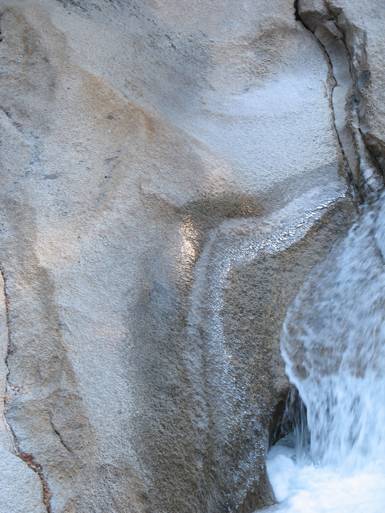Sarah S. Elkind
Descriptions of a few of the classes I used to teach
History 441: Unnatural Disasters
Global warming, rising gas prices, crashing fish populations, deforestation, water pollution, asthma, toxic mine runoff, eroding topsoil, environmental racism … we face a host of environmental problems today that seem so monstrous that it is hard to know what to do, or how things got so bad. This course will give you a better sense of why environmental problems have developed, what they might mean for us in the future. The course will interest activists, but we will not "take sides" on these issues. Our focus will be understanding the cultural, social and economic pressures -- the logical decisions -- that have led us to use nature as we do. Unnatural Disasters is part of the Sustainability major and minor, and satisfies GE Requirements Foundations II C.
History 445: California History
History 584: War and Environment
Wars have been fought over natural resources and by using nature as a weapon. Armies have found the natural environment a crucial ally as well as a bitter enemy. This course examines the global environmental history of war form 16th to the 20th century. Key questions include: How did landscape influenced military strategy? How did wartime mobilization and technologies change the natural world or perceptions of nature? When have natural resource shortages caused international conflict or fostered international cooperation? How has the reciprocal relationship of war and the environment changed with industrialization, military technology, and the scale of conflicts? This course is structured as a workshop; students direct course content and help design major assignments.
History 584: Water in the West
The American West begins beyond the hundredth meridian, where the rains cease, and any intensive land use requires irrigation. Or, at least, this is what some western historians seeking to define their field have argued. Whether aridity defines the west or not is an open question, but certainly the history of water in the west tells us much about the values, dreams and political conflicts that have shaped American society. This course will examine water development and water conflicts in the American west from the nineteenth century to the present. We will examine how Americans have used water, and how they have fought over it, with particular attention to the values that have shaped the distribution and use of water in this arid land.
Graduate Seminars
History of Los Angeles
This course uses new works in the history of Los Angeles to put this archetypical twentieth century city into the context of American urban history. The content of the course ranges from business history to the history of planning. As in the field of urban history itself, this course pays particular attention to race relations and the mapping of race and power on the urban space.
American Political History
This course considers both the transformation of American political historiography, and the major concepts and events of American politics, beginning with the founding ideologies that underlie American democracy, and including local governance, the expansion of governmental authority, corruption and reform movements, political dissident, and federalism.

Photo:Sarah S. Elkind, Yosemite waterfall, 2006